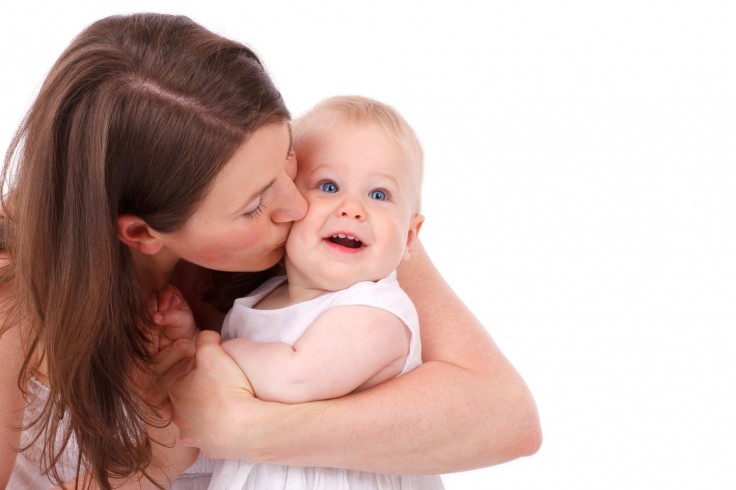
Newborns are vulnerable to illnesses as they do not have a fully developed immune system. A gentle kiss on a newborn can prove harmful as they are not yet vaccinated, and bacteria and germs from a person's body and clothes can be passed onto the newborn.
Once the germs have been passed onto the babies, the newborn's immune system will find it hard to fight, thus, they must be protected at all times by their parents.
Dr. Jean Blumberg, chief of pediatric infectious diseases at the University of California Davis Children's Hospital, told Healthline that parents need to be specifically vigilant when their babies are only a few months old.
Infants are particularly vulnerable to severe infections in the first month of life and can catch serious infections in the first three months of life with few symptoms excluding fever as the immune system becomes stronger and matures with age.
Securing the infants' safety
A person who displays any signs of illness such as cough, runny nose, sore throat, or rash should not come into close contact with a newborn.
The newborn period is not the moment of establishing immunity as it is the time to protect newborns from others who are sick. A time to stimulate the bond between the infant and parents and also a time of significant adaptation at the same time.
Such time must be a serene time with few visitors and a time for parents to spend time at home with their newborns as they develop routines and schedules.
Dr. Karin Nielsen, clinical professor of pediatrics in the division of infectious diseases at the David Geffen School of Medicine at UCLA (University of California, Los Angeles), stated that babies are especially vulnerable to HSV-1 which can cause cold sores.
Nielsen said that in the specific situation of herpes simplex virus or HSV, few may have cold sores around lips or just began manifesting them and kissing can transmit such virus to others, particularly to newborns, who are more susceptible as they have no prior immunity.
If someone kisses a baby who has an active HSV infection, there is a significant risk, especially during the newborn period.
According to Pediatrics East, one of the most severe risks that come from kissing babies is the transmission of fever blisters or also known as cold sores. HSV-1 causes fever blisters to form around the baby's mouth and can spread to other parts of the body.
Kissing babies can be deadly
Before holding a baby, always wash your hands as the baby's gut bacteria is still developing.
Parents on the other hand must educate others considering that when individuals are aware of the risks and dangers of kissing babies, it would be a lot easier to protect their child.
Educating others is a great way to help them become more informed and aware of the risks and dangers of showing affection to babies.
Inform visitors about the safety precautions set for the baby.
Maintain personal and oral hygiene of the baby and always keep the infant fresh, use wipes as and when required, per Hopscotch.
Related Article: Dentist Mom Explains Why She Doesn't Kiss Her Baby on the Lips